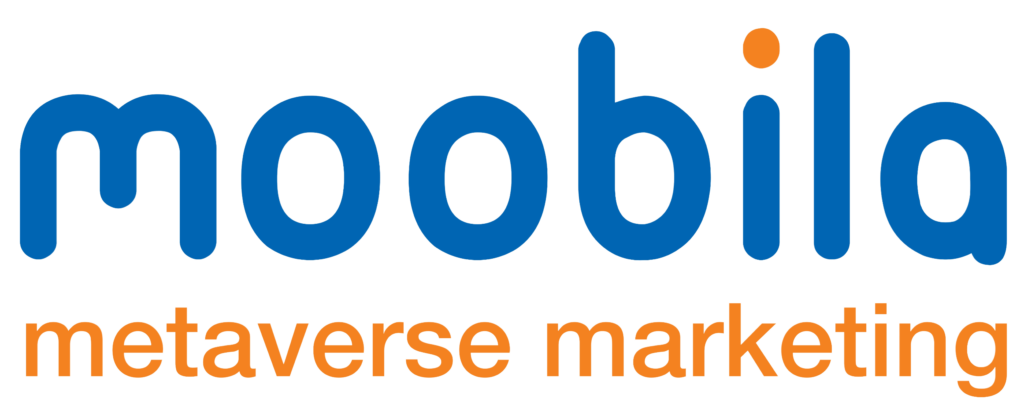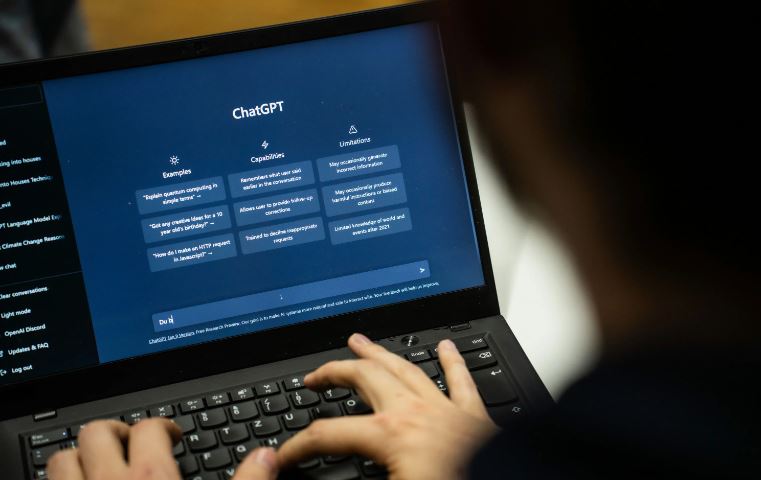In today’s world, where bringing about changes within a shorter period is accomplished more effectively, AI is one of the most significant elements available to people. Some of the sensational offshoots of advanced intelligent applications include the recent ChatGPT, a comprehensive language model by OpenAI. This marvelous chatbot explores social networks, enthralling users with the opportunities to chat with it, answer questions, and even perform some lengthy operations. However, like any disruptive technology, ChatGPT also has its special strengths and weaknesses. To this end, this blog will examine the benefits and drawbacks of ChatGPT in detail so that you will be in a better position to gauge the effects of this advanced tool on our day-to-day shared world.
Pros of ChatGPT
Unparalleled Accessibility to Information
This makes it one of ChatGPT’s biggest strengths, as it allows the user to refer to a vast amount of information within the blink of an eye. It also does not present results in the form of a set of links popular with other search engines but provides full and comprehensive answers to questions or statements in natural language. This feature has the effect of placing knowledge within reach of everyone, thus enabling individuals, no matter their background, to easily access the information that they need.
Enhanced Productivity and Efficiency
It is quite likely that ChatGPT will help increase the effectiveness of work and achieve greater results in the following sectors. It can help with putting words on paper, brainstorming, editing papers, and writing code snippets. With such processes’ automation, it becomes possible to free up the workforce’s time by driving out inefficient tasks that can be resolved by machines.
24/7 Availability and Instant Responses
As compared to human customer support personnel, ChatGPT is on service at all times since it gives instantaneous answers to consumers’ questions. This constant availability can go a long way in enhancing the satisfaction of the customers and the overall organizational support in such businesses, especially those that operate in different regions and time zones.
Personalized Learning and Tutoring
Since each learner has unique learning needs, ChatGPT has an opportunity to provide tailored learning. It can fit the learning needs and preferences of students, give detailed coverage of difficult concepts and material with examples, and present practice materials specific to a student’s learning requirements. This approach can add to other teaching methodologies and can help minimize gaps in learners’ education.
Language Translation and Cultural Understanding
ChatGPT may be used to translate across languages because of its language-processing function, which enables users to input or retrieve information in several languages. It can translate words or phrases, indicate the meaning of idioms, and give cultural connotations, which makes it easy to globalize and envelop society.
Creative Inspiration and Ideation
Freelancers, particularly in creative industries ranging from writers, artists, and other designers, can conversely rely on ChatGPT as a brainstorming chatbot. The AI may come up with ideas, present an angle, and, in general, free a creative process, so it may lead to more diversified ideas.
Accessibility for Individuals with Disabilities
Some of the disabled people who may benefit from ChatGPT include those who have physical or motor disabilities that may hinder them from using software with a graphical user interface. It is also a good way for the disabled, such as the hearing-impaired and speech-impaired persons, to interact and acquire information.
Cons of ChatGPT
Potential for Misinformation and Inaccuracies
While ChatGPT has a lot of knowledge, it can sometimes give outdated or incorrect information. Its training data may be old, and it can produce results that seem correct but are actually wrong. This can lead to misinformation if users don’t verify the information from other sources.
Lack of Real-Time Information and Context
It’s important to apprehend that the ChatGPT has static knowledge and that it operates according to its training at a particular point in time. It is unable to allow a user to view live data or current events, which may sometimes be a severe letdown, especially for a user who wants updated information on a fast-evolving situation or new events.
Ethical Concerns and Bias
As expected by any AI system, ChatGPT repeats biases present in the training dataset it received. This might cause bias or prejudice, especially towards certain races, genders, or politically related cases. Subsequently, managing or even eradicating such biases still continues to be a very significant concern for AI / ML builders.
Privacy and Data Security Risks
When it comes to the use of ChatGPT, there is a problem with data privacy and security. During a conversation, users provide lots of personal and, if necessary, even rather intimate information to an AI. However, users need to know how this data is managed, filed, secured, or utilized to avoid incidences of leakage or misuse.
Potential for Misuse and Malicious Applications
As with any AI-based tool, there are dark sides to applying ChatGPT, and its functions can be used maliciously. It could be used to craft work-like phishing emails, write articles, and manipulate the identity of persons in online platforms. It is for this reason that it is possible to develop such misuse, and this has very many ethical and security issues.
Impact on Employment and Job Displacement
Thus, apprehensions about the effects of freely available AI-generating capabilities such as ChatGPT and similar AI systems exist. It was seen that tasks that fall under transactional language use, which include telephone-based customer service and some writing-related jobs, could likewise become automated and, therefore, create displacement in several industries.
Overreliance and Reduced Human Skills
One thing that can be claimed is that there are tendencies that can appear due to over-reliance on programs like ChatGPT, which can lead to the degeneration of specific human abilities. For instance, the students may get carried away with the extent of dependency on the system, and this may inhibit the development of their writing and critical thinking abilities.
Lack of Emotional Intelligence and Empathy
Even though ChatGPT has the ability to generate human-like bursts of conversation, the basis for all its decisions is highly different from that of humans. This limitation can stand in the way of calls that are made due to the need for interaction, empathy, or even emotional companionship.
Intellectual Property and Copyright Concerns
The implications of the creatives using ChatGPT to create new content will also make people question the basic concepts of ownership and plagiarism. When the AI creates content based on the material it was trained on, which also includes copyrighted works, it is not clear who owns them or whether their generation is a violation of copyrights.
Environmental Impact
The creation and utilization of big models such as ChatGPT demand a lot of computer power and, therefore, a lot of energy. This creates some doubts about the effects and consequences of extensive use of artificial intelligence on the environment and carbon footprint.
Navigating the Future with ChatGPT
They’re still relatively new in our lives, but as we continue to introduce advanced technologies such as ChatGPT to our everyday lives, we must apply responsible use and implementation. Here are some key considerations:
- Critical Thinking: It should be noted that one should always critically assess any ChatGPT outputs received. Make sure to check specific information from other sources, especially when approaching a critical decision or dealing with complex issues that may contain sensitive information.
- Ethical Use: This is because the use of Artificial Intelligence has some ethical concerns, as mentioned above. Do not use ChatGPT to produce immoral and envious content or create fake news.
- Skill Development: However, while using ChatGPT and its functions, keep on enhancing and cherishing human factors like creativity, empathy, and critical thinking.
- Privacy Awareness: It is also important to avoid providing personal details such as one’s identity to ChatGPT or, indeed, any artificial intelligence.
- Ongoing Education: Keep up to date on AI advancements, as well as the possible consequences in society, in terms of employment opportunities and different fields.
- Balanced Integration: Strive for a balance between leveraging AI capabilities and maintaining human expertise and judgment in decision-making processes.
Conclusion
ChatGPT is a major advancement in AI, providing access to information and help with tasks. It can boost productivity, learning, and creativity. However, it also poses challenges in accuracy, ethics, privacy, and societal impact. Using AI responsibly is crucial. By understanding its strengths and limits, we can enhance human intelligence. The future involves humans & machines working together. Staying informed and adaptable is key. Everyone plays a role in shaping AI’s future. With excitement and caution, we can ensure AI drives progress and innovation.
Ready to unlock AI’s potential for your life or business? Explore ChatGPT and other AI technologies with Moobila. Visit Moobila for exclusive resources, expert content creation, and expertise to help you use AI responsibly.
Join the Moobila community today and shape the future of technology!



